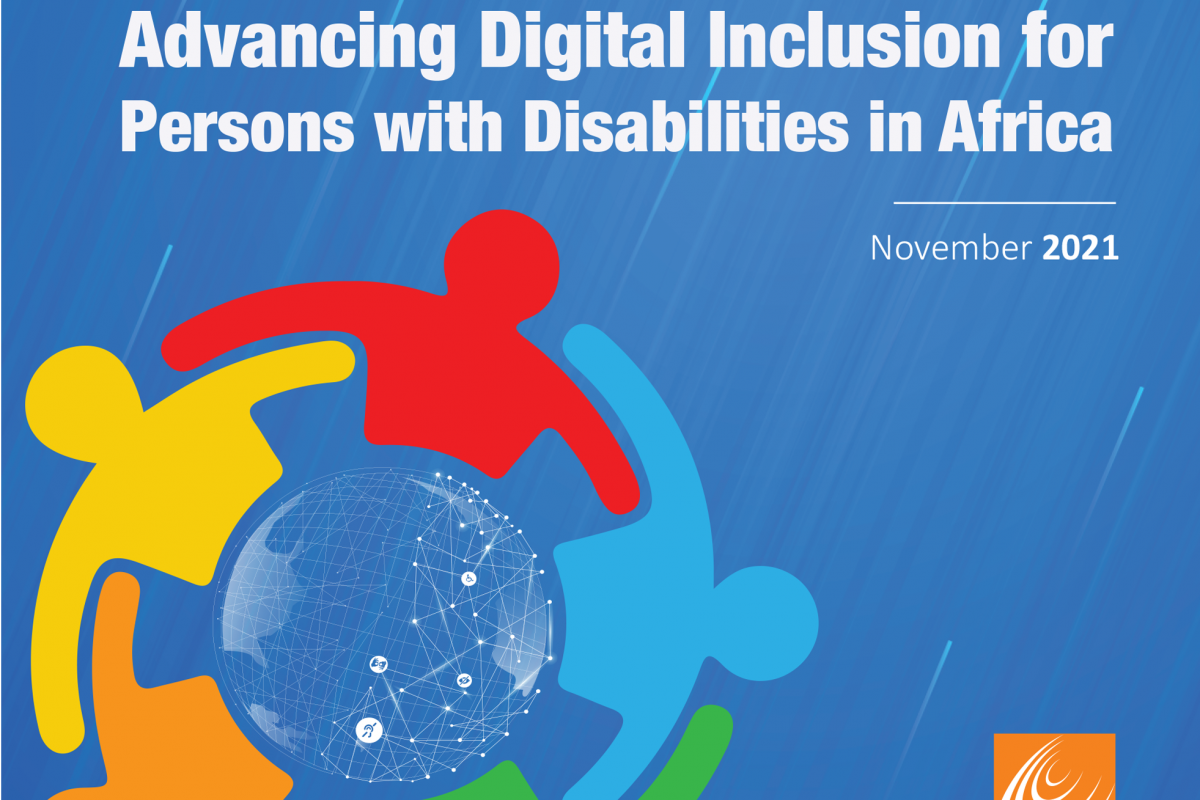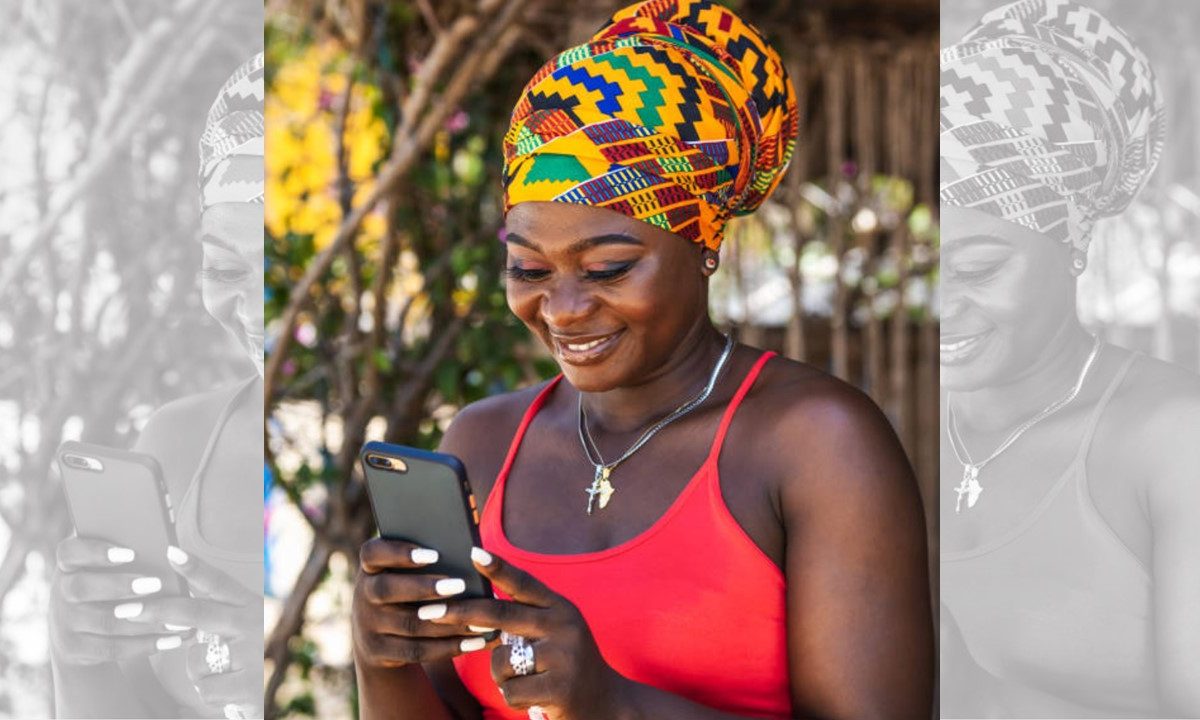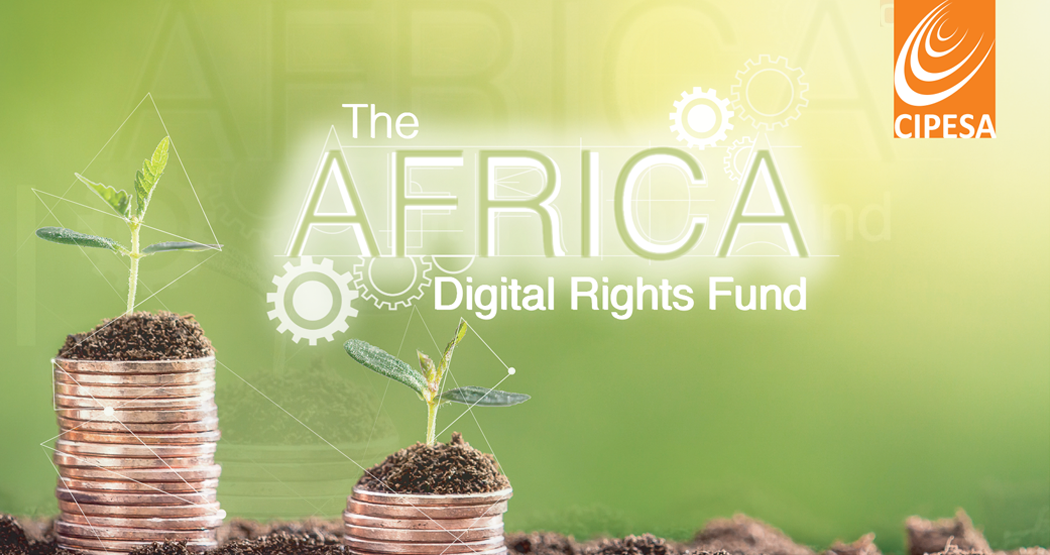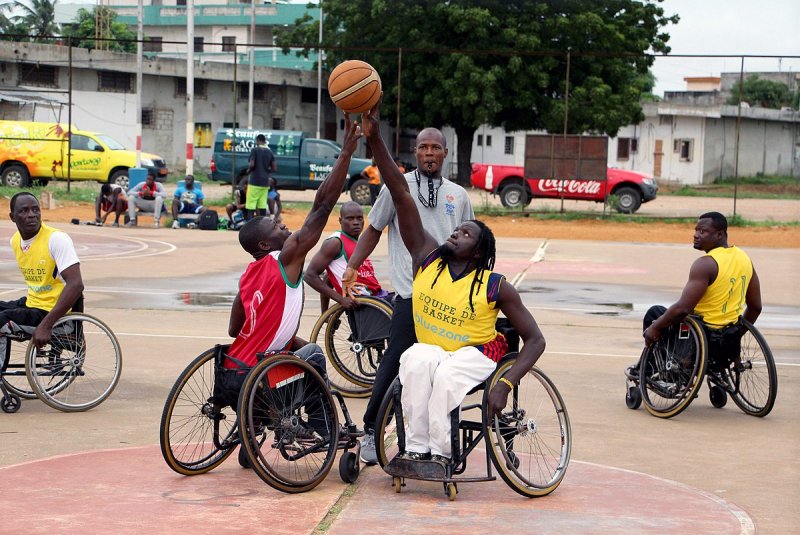By Staff Writer |
Persons with disabilities have unique needs and have for long been disadvantaged, yet the more some African countries get digitally connected, the deeper the digital divide for this community seems to grow. Despite growth in Information and Communications Technology (ICT) penetration, a large section of persons with disabilities faces digital exclusion due to lack of access and affordability of the requisite ICT tools and equipment, and failure by telecommunication operators to provide information and services in disability-friendly formats.
While millions turned to technology and traditional media for information in the wake of the Covid-19 pandemic, critical messages about the disease that are disseminated by health authorities, telecom companies, and broadcasters were and still are not reaching persons with visual and hearing impairments.
In turn, the digital exclusion of persons with disabilities worsened with the Covid-19 pandemic yet the Covid-19 crisis rendered technology key to working, learning, political participation and the enjoyment of other rights. Yet few organisations, within and outside the digital rights movement, are pushing for greater ICT accessibility.
These gaps in access to information gaps are growing despite the International Disability Alliance (IDA) issuing key recommendations towards a disability-inclusive Covid-19 response, including the requirement that persons with disabilities must receive information about infection mitigating tips, public restriction plans, and the services offered, in a diversity of accessible formats with use of accessible technologies.
The Collaboration for International ICT Policy for East and Southern Africa (CIPESA), is working to raise the availability of information on ICT and disability in Africa by producing relevant evidence-based research; mainstreaming disability rights issues in conversations about technology access and digital rights; growing the capacity of diverse actors to research on and advocate for meaningful connectivity and digital accessibility, and engaging key actors such telecom companies and regional bodies.
What CIPESA is doing is quite powerful and empowering. The tool is excellent, it needs to be worked on as we’ve given our input in the meeting. Once that is done, reaching out and creating awareness about the tool will be more powerful, engaging such stakeholders such as government and other key stakeholders. Once it is out this is going to be a game-changer because for persons with disabilities, ICT makes the world go round … This has been one of the first meetings on ICT and disabilities, so it is an excellent move. – Erick Ngondi, United Disabled Persons of Kenya
Here are some of our blogs and in-depth research reports on technology and persons with disabilities in Africa.
Blogs
- Why Access to Information on Covid-19 is Crucial to Persons with Disabilities in Africa
- Placing ICT Access for Persons with Disabilities at the Centre of Internet Rights Debate in Kenya
- CIPESA Submits Comments to Uganda Communications Commission on Improving Access to ICT for Persons With Disabilities
- Calling Out the African Union and Telecoms Associations to Prioritize ICT Access for Persons with Disabilities
- Vodacom Outshines MTN in Efforts to Serve Persons With Disabilities in South Africa
- People With Disabilities Left Out in ICT Jamboree
- Governments and Donors Urged to Advance ICT Access for Persons with Disabilities
- Telcos in Nigeria and Kenya Should Address Exclusion of Persons With Disabilities
- CIPESA Endorses GSMA Principles to Drive Digital Inclusion of Persons With Disabilities
- Fighting for plight of persons with disabilities
Research Reports
- Assessing the Barriers to Accessing ICT by People with Disability in Tanzania
- Assessing the Barriers to Accessing ICT by People with Disability in Uganda
- Assessing the Barriers to Accessing ICT by People with Disability in Kenya
- Removing Barriers to ICT Accessibility for Persons with Disabilities in Kenya, Tanzania and Uganda which identified needed actions by government, regulators and communication companies.
- Access Denied: How Telecom Operators in Africa Are Failing Persons With Disabilities. CIPESA assessed 10 telecom companies in five countries (Botswana, Kenya, Nigeria, South Africa, and Uganda). Most of them – despite being long-established operators with a majority market share in their respective countries – were found to have failed to meet their obligations to provide information and services to persons with disabilities, in contravention of the companies’ obligations under national laws and the CRPD.
CIPESA made submission to the AUC, the ATU and EACO, drawing attention to these organisations’ obligation to protect and advance the rights of persons with disabilities in line with the African Charter on Human and Peoples’ Rights; the CRPD; the Treaty to Facilitate Access to Published Works for Persons Who Are Blind, Visually Impaired or Otherwise Print Disabled (the Marrakesh Treaty); the SDGs; and the Protocol to the African Charter on Human and Peoples’ Rights on the Rights of Persons with Disabilities in Africa.
See an in-depth document about our work here.
Watch this insightful discussion on “The Role of the Media in Promoting Digital Rights for Persons With Disabilities in Africa.






